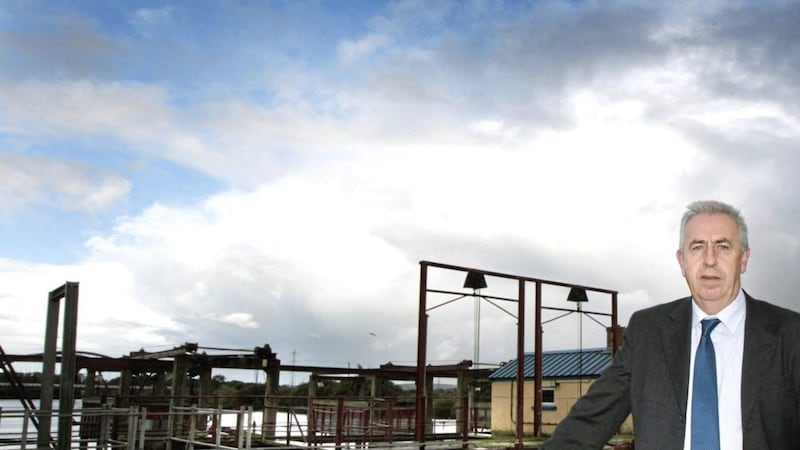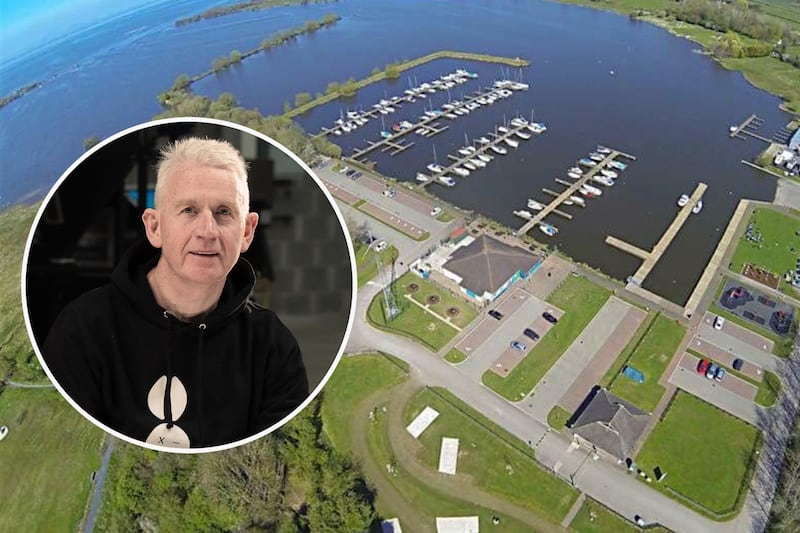COMMERCIAL fishermen on Lough Neagh have said they were not consulted about a decision to continue allowing sand dredging on the lake.
Environmental campaigners have already described the decision by the Department of Infrastructure as a “disgrace”.
Five firms have been told they can continue to take sand from the lough, which is then used in the construction industry.
Sand dredging does not currently have planning permission and in June, the Court of Appeal ruled that officials in the department should review a previous decision not to halt extraction.
The Lough Neagh Fishermen’s Co-Operative, which holds commercial rights for eel and scale fishing, said it was not consulted about this week’s announcement.
The co-operative, which is one of the lough’s largest commercial stakeholders, has previously claimed sand dredging has damaged fish stocks and the lough's habitat.
In a statement, the department said a review had found "it is not expedient at this time” to prevent dredging.
A spokesman said it can continue “subject to the implementation of and adherence to mitigation measures and working conditions”.
Co-operative chairman Pat Close claimed fishermen should have been consulted.
“They did declare it would be in the public interest to take this decision but do others not have an interest in this, particularly stakeholders like ourselves,” he said.
“They have referred to mitigation measures and working conditions - we would like to known what these mitigation measures are.
“We were not party to any discussions about how they would be managed or regulated.
“Does it extend to exclusion of what we would define as sensitive areas of habitat?”
Mr Close said fishermen are concerned about the impact of dredging in the north west part of Lough Neagh, where regular dredging takes place.
“The (area) we are trying to protect provides shelter and habitat for these juvenile fish,” he said.
He also spoke of concerns about the potential impact on vulnerable species like Pollan, saying the co-operative has taken “significant steps towards the protection of this scale species”.
“We have taken our own measures through self-regulation.
“They are all genuine attempts to protect stocks and restore security in stock levels and sustainability on the lough.”
Around 1.5 million tonnes of sand is extracted each year.
The co-operative was set up in 1965 to represent the interests of local fishermen and acquired outright control of the Toome Eel Fishery in 1972.
It is currently Europe’s largest wild eel fishery and produces 16 per cent of the continent's wild eels.
More than 220 people are licensed to fish for eels commercially on a seasonal basis.
A spokeswoman for the Department for Infrastructure said the mitigation measures include GPS tracking of extraction and that no more than 15 barges can operate in the extraction area at one time.
They also say that no more than 1.5 tonnes of mineral shall be taken from the extraction area in any calendar year and that waste water must be discharged at relevant processing wharfs.








